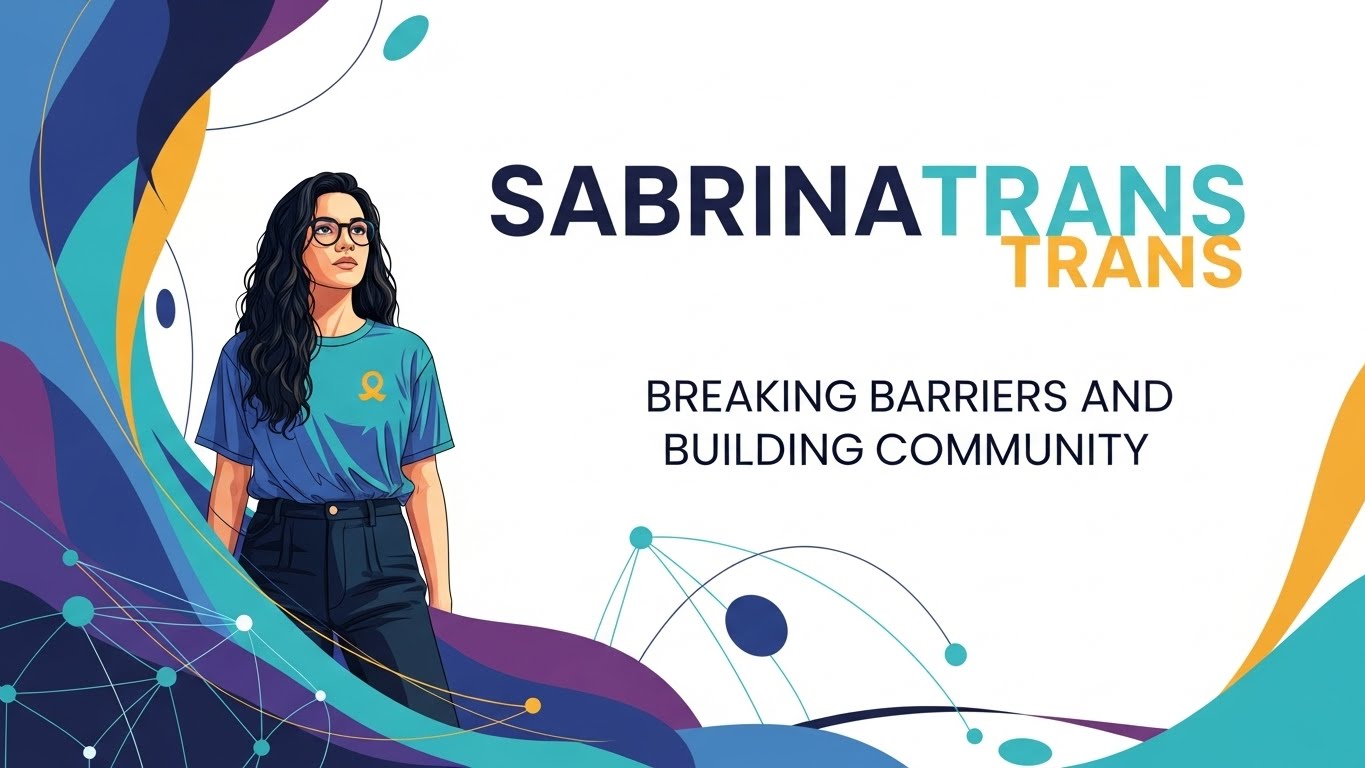In a world where digital assistants, AI, and automation are reshaping the way we work and live, a new concept has emerged that is gaining quiet but significant traction: Schedow.
You may not have heard of it yet—but like many disruptive innovations, it’s quietly transforming the landscape of productivity, time management, and even personal development. So, what exactly is Schedow, and why should you pay attention to it?
Let’s dive deep into the meaning, origin, potential applications, and future impact of this futuristic blend of scheduling intelligence and shadow work.
What is Schedow?
Sche-dow (pronounced “skeh-doh”) is a portmanteau of “schedule” and “shadow”—representing a hybrid system that combines advanced scheduling automation with a personalized “shadow” assistant powered by AI.
At its core, Schedow is:
An intelligent, always-on, adaptive productivity system that learns from your behavior, automates decisions, and operates in your digital shadow.
Think of it as the next evolution of virtual assistants like Google Calendar, Notion AI, or even Siri and Alexa—except it doesn’t just respond to your commands. It acts before you ask, predicts your needs, learns your habits, and continuously adapts your schedule in real-time to optimize performance, health, and work-life balance.
The Origin of the Concept
While “Sche-dow” isn’t currently a trademarked platform or publicly recognized product, the term has surfaced in underground tech circles, AI think tanks, and productivity forums as a next-gen philosophy for time and task management.
Some say it originated as a codename in an MIT Media Lab project exploring ambient computing agents. Others claim it began as a niche productivity model among elite software developers who needed systems that worked while they were offline or focused.
Regardless of origin, the concept is spreading—especially among founders, digital nomads, remote teams, solopreneurs, and productivity hackers.
Core Features of a Schedow System
What makes Schedow different from a traditional planner or AI assistant? Here are the standout features that define it:
Predictive Scheduling
Schedow doesn’t wait for you to input your day. It gathers data from your past week, sleep patterns, focus hours, email traffic, and app usage to automatically build your ideal schedule—adjusting it on the fly when interruptions occur.. Shadow Tasking
Inspired by the concept of “shadow work” (tasks done without direct compensation, like self-maintenance), Schedow assigns micro-tasks during low-energy times. These are things you often forget—like updating passwords, drinking water, clearing your desktop, or journaling reflections.
Emotional & Cognitive Load Tracking
Using wearable integration (like smartwatches or biometric sensors), Schedow reads your emotional and mental state and reshuffles tasks when your stress is high or focus is low.. Invisible Assistant Mode
Unlike clunky assistants that interrupt your workflow, Schedow runs silently in the background, making intelligent decisions like delaying low-priority meetings, snoozing social apps, or suggesting breaks exactly when needed.
Human-AI Coherence
Schedow isn’t trying to replace your decisions—it seeks to augment your judgment. The system operates on consent-based AI, prompting suggestions while allowing you to override, redirect, or manually tweak its decisions.
How Schedow Can Transform Daily Life
For Entrepreneurs
Schedow helps manage shifting priorities, reduces context switching, and ensures deep work is prioritized without manually tweaking your calendar.
For Remote Workers
When work and life blur, Schedow maintains structure, enforces break cycles, and automatically buffers your day to avoid burnout.
For Students
It identifies learning styles, integrates spaced repetition, and schedules revision periods dynamically based on cognitive performance data.
For Creatives
Schedow respects your creative flow, gently guiding you toward ideation blocks and batching admin work when your energy dips.
Potential Ethical Questions
As with all intelligent systems, Schedow raises important ethical and privacy questions:
-
Data Privacy: How much should a digital assistant know about your emotional state, browsing history, or habits?
-
Dependency: Will over-reliance on predictive AI reduce self-awareness or personal accountability?
-
Autonomy vs. Automation: Can we maintain free will while outsourcing decisions to machines?
Early adopters argue that transparency, user agency, and ethical AI frameworks are baked into the best Schedow implementations. You are always in control, with visibility into what the system does and why.
Building Your Own Schedow System
While no all-in-one “Schedow” platform exists yet, you can build a similar system today using a stack of tools:
Suggested Stack:
-
Calendar Intelligence: Motion, Reclaim.ai, or Clockwise
-
Task Management: Notion, Todoist, or TickTick with AI plugins
-
Health Sync: Oura Ring, Whoop, Apple Watch (linked with API tools like Zapier or IFTTT)
-
AI Assistant Layer: ChatGPT (custom GPTs), AI Agents like AutoGPT or AgentGPT
-
Automation: Zapier, Make, or n8n for integrating all tools into a cohesive flow
By layering these tools with intentional prompts, scheduled check-ins, and regular AI fine-tuning, you can create your own proto-Schedow—customized for your life.
Schedow in 2030: A Glimpse into the Future
Imagine this:
-
You wake up at 7:15 AM because Schedow detected your REM cycle ending.
-
Your shower plays a podcast summary of your 3 priority meetings.
-
As you sit down, your screen shows only the apps you’ll need until lunch.
-
You don’t receive Slack pings until your focus window closes.
-
At 4:30 PM, your screen dims, reminding you to stretch and reflect.
-
At 9:00 PM, your journal is auto-filled with a mood analysis, key achievements, and tomorrow’s plan—ready to review.
Schedow is not just a tool. It’s a second mind, a digital consciousness that grows with you, optimizes for you, and stays just behind the scenes—always watching, always learning.
Final Thoughts:
Schedow is more than a system. It represents a new productivity philosophy—one that’s proactive, empathetic, and aligned with human rhythms.
In a society obsessed with hustle and “calendar blocking,” Schedow whispers a different message:
“You don’t need to work harder. You need to work with yourself.”
As we move toward more humane technology and AI integration, Schedow may become the standard—not the exception.







